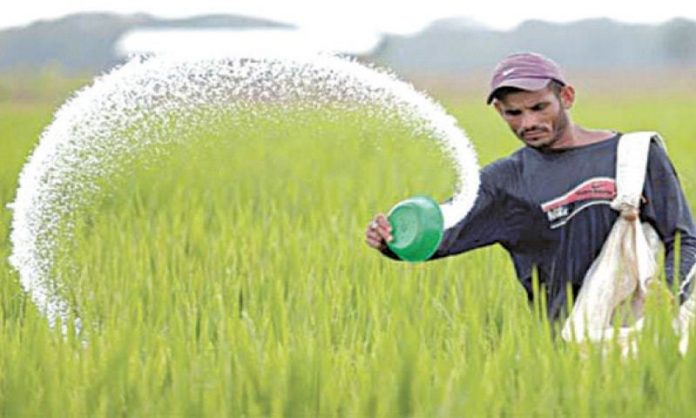The Economic Coordination Committee (ECC) has approved a series of financial measures aimed at providing relief to the public and boosting the economy.
Despite the refusal from Sindh and Balochistan provinces to share the cost of importing urea, the ECC has decided to release Rs6 billion as a technical supplementary grant to cover the federal government’s share for the imported fertilizer.
This decision comes after both provinces declined to bear 50 percent of the cost, prompting the Finance Division to consider a mechanism for recoveries from each province.
In a meeting held on Tuesday, the ECC deferred a decision on amending the import-cum-export scheme of IPO-2022, which would allow the temporary import of automobiles for repair and restoration in Pakistan, with the intention of re-exporting them afterward.
Furthermore, the ECC sanctioned the Ramazan Relief Package-2024, allocating a Rs7.49 billion subsidy for the beneficiaries of the Benazir Income Support Programme (BISP) to ease their burdens during the holy month of Ramazan.
The committee also reviewed proposals for tariff rationalization across different sectors, approving measures that aim to coordinate tariff adjustments with trade policy for economic betterment.
In addition, the ECC gave its nod to a proposal allowing the import of wheat and the export of wheat flour under the Export Facilitation Scheme 2021, directing relevant ministries to develop comprehensive proposals to enhance value-added exports.
Another crucial approval was granted for the commissioning of the 1263 MW CCPP Punjab Thermal Power (Pvt) Limited in Jhang, marking a significant step towards augmenting the country’s power generation capacity.























